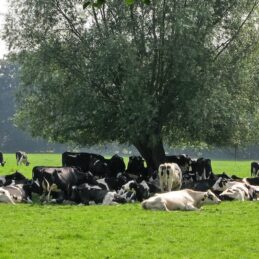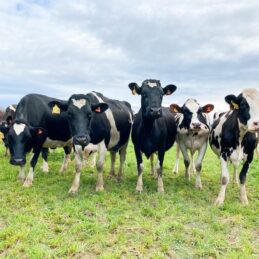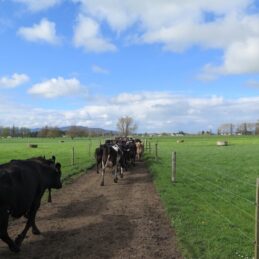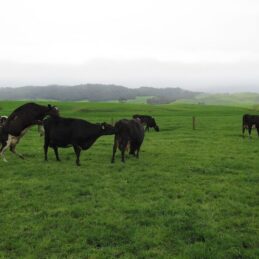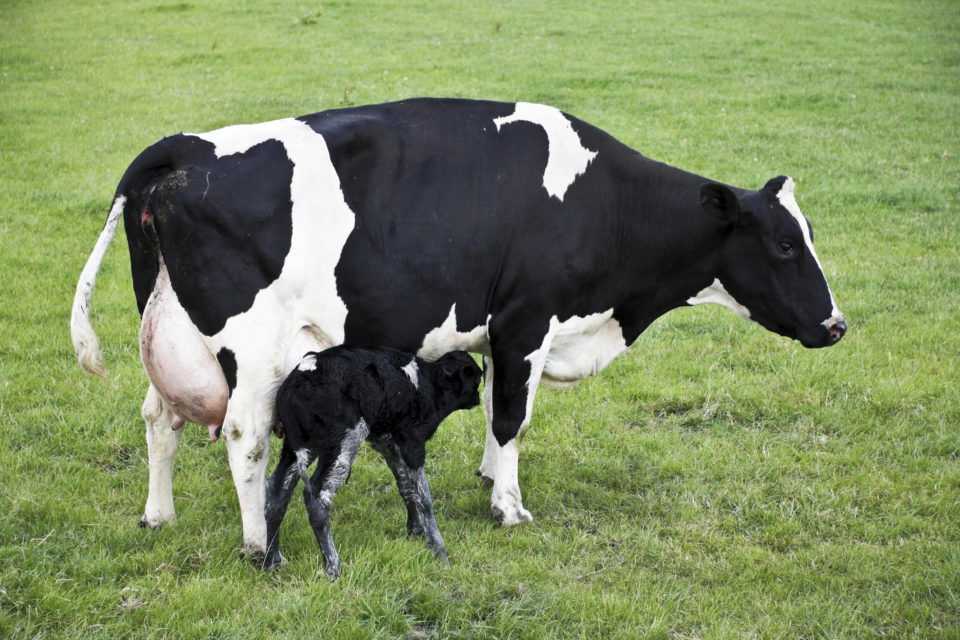
Calf

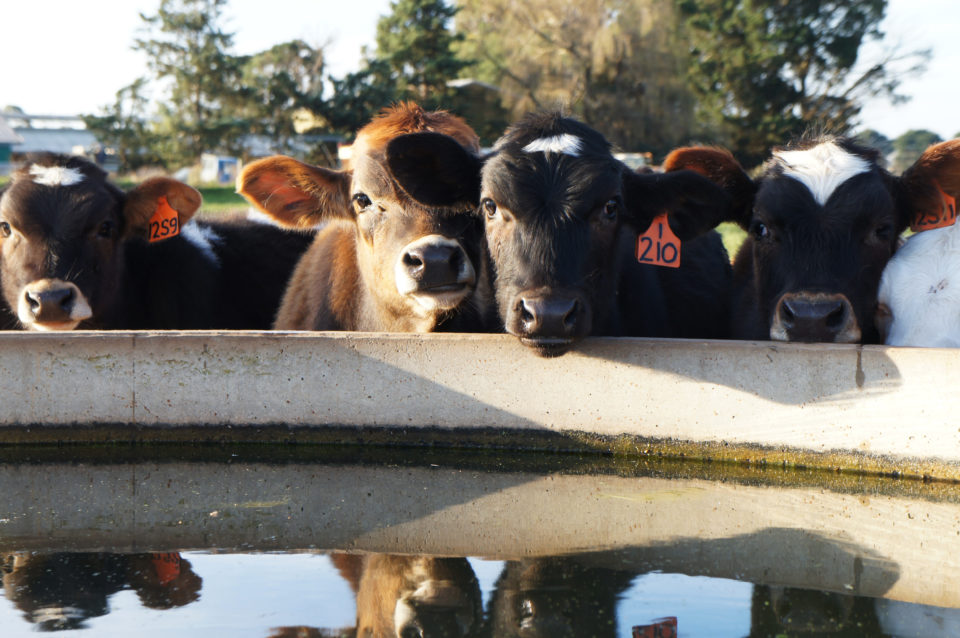
Benefits of Calf Rearing Supplements
Trials in NZ and overseas have demonstrated the long term benefits of good calf rearing in terms of improved production and health. Freshly born calves have yet to develop their immune systems, so rely initially on antibodies in colostrum for early protection against potential pathogens. However, this does not provide complete protection, especially during periods [...]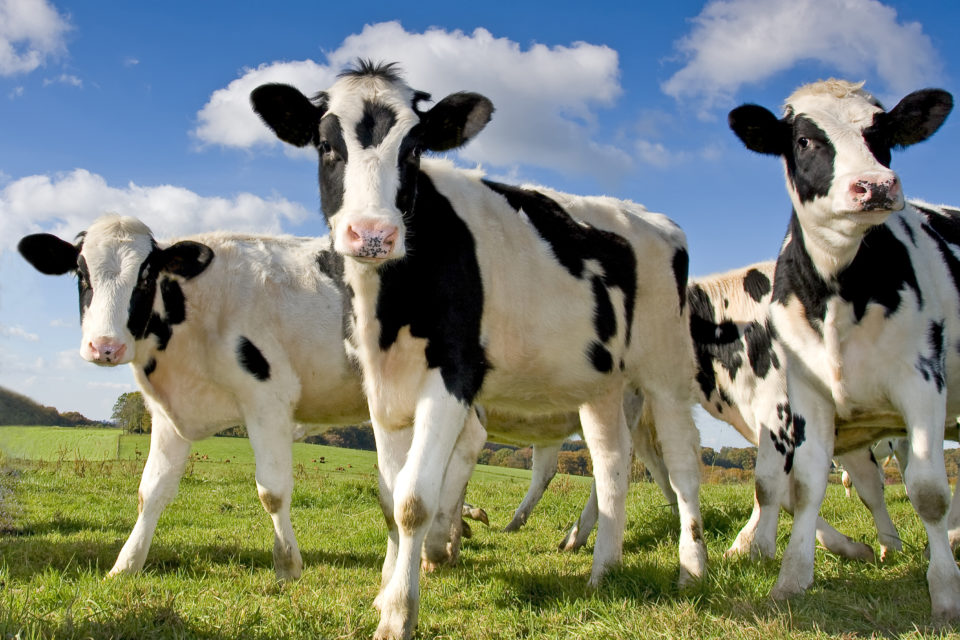
Tips for Effective Calf Rearing
Successful calf rearing relies on getting the basics right, attention to detail across the board, and promoting health and immunity. The basics covers good biosecurity, hygiene, housing, ventilation, bedding, management and nutrition, including feeding timely and adequate amounts of quality colostrum. Adequate levels of basic nutrients, such as energy yielding nutrients, amino acids (protein), carbohydrates, [...]
Calf Rearing
Numerous trials have demonstrated the importance of good calf rearing practices on increasing 1st lactation and lifetime milk production, thus profitability. Early rumen development, gut health and integrity, and avoiding a weaning check are key factors influencing calf growth. Highly degradable starch based feeds promote development of the rumen and its papillae. Recent trials have [...]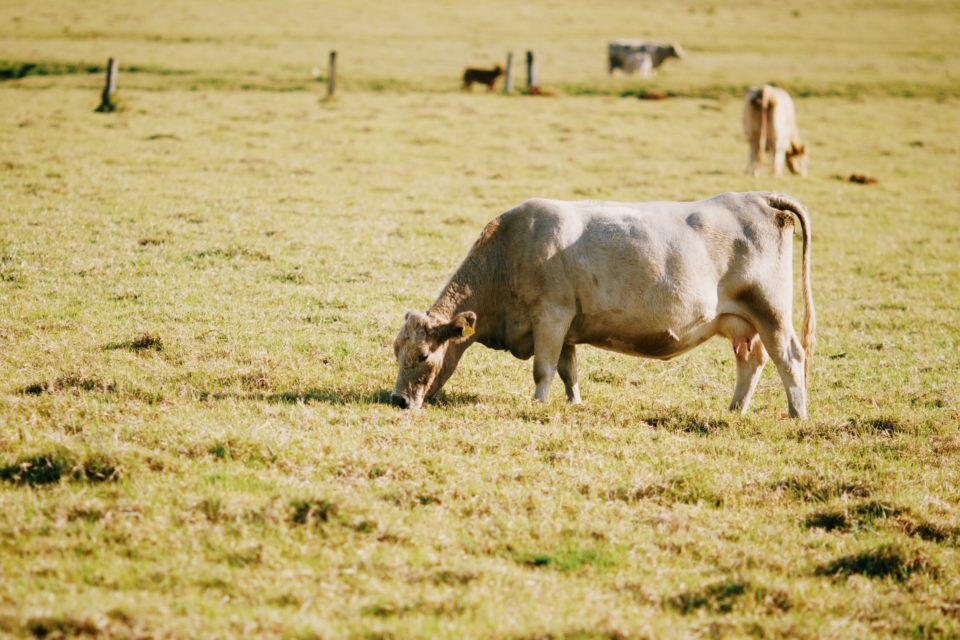
Maintaining Pregnancy
Local trials have demonstrated early embryonic loss is the major cause of empty cows, being a financial drain on farming businesses, through higher replacement costs and lost production. The forecast intense El Niño may lead to higher than usual empty rates this year, if farmers do not ensure they provide sufficient high quality feed during [...]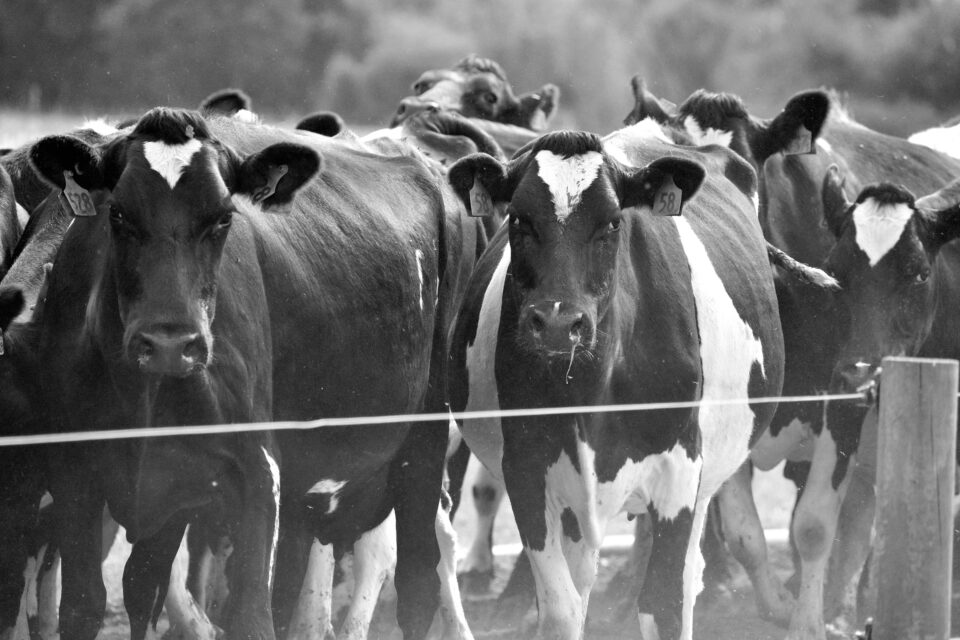
Feeding & Fertility
Many dairy farmers have adopted an aggressive culling policy due to the low milk payment forecasts, to enable better feeding of home grown forages to remaining cows, and to reduce requirements for purchased feeds. This has reduced the size of their breeding herds, making it more important that remaining cows become, and stay pregnant to [...]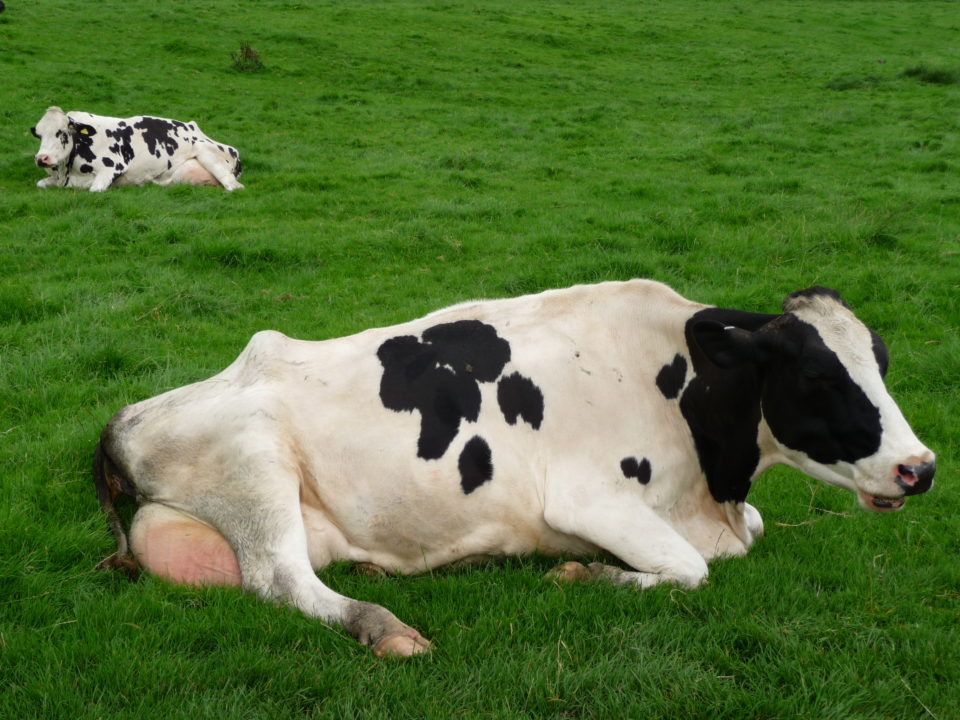
Colostrum Quantity & Quantity on Replacement Performance
Recent research has demonstrated how plane of nutrition and diet during pregnancy can affect colostrum production, milk yield and calf health. Feeding cows to match energy, protein, mineral and vitamin requirements during pregnancy, supports production of colostrum and milk components, essential for the health and development of newborn and growing calves. Research in both cattle [...]
Types of Protected Fats
High energy levels in fats make them useful for boosting energy intakes of cows, to increase production, improve fertility or condition at key times during the year. Unsaturated fats can be toxic to rumen microbes at high concentrations, so may adversely affect fibre degradation. Therefore, supplementary fats must be “protected” from rumen activity if they [...]
Coccidiosis Control in Milk Fed Calves
Clinical and subclinical coccidiosis in calves can result in significant financial losses, as a result of poor health, ill thrift, lost condition and weight, and severe cases death. Even under rigorous hygiene regimes, calves may be exposed to the coccidiosis causing protozoan parasites soon after birth. This is because the coccidia oocytes shed by infected [...]- 1
- 2


